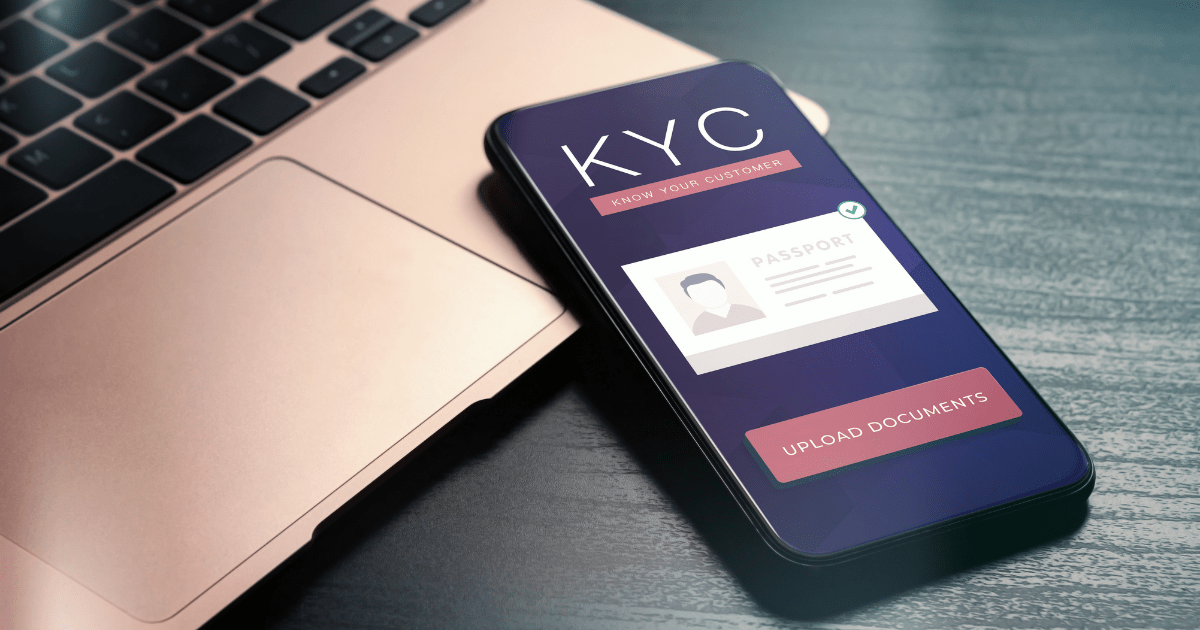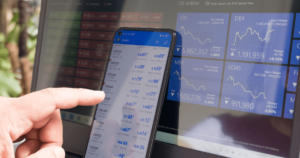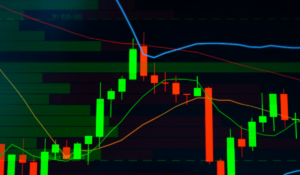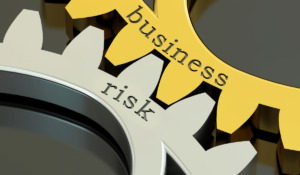Introduction
Know Your Customer (KYC) is a crucial process in the world of forex trading that helps brokers verify the identity of their traders and ensure compliance with Anti Money Laundering (AML) regulations. In this comprehensive guide, we will delve deeper into the concept of KYC, its purpose, the verification process, and its significance in the forex trading industry.
What is KYC in Forex Trading?
KYC stands for “Know Your Customer.” It is a mandatory process that requires forex brokers to verify the identity of their traders by collecting relevant documents and information. This process aims to combat money laundering, detect potential connections to terrorist activities, and prevent fraud and financial crimes.
The Importance of KYC in Forex Trading
-
Combating Money Laundering:
KYC helps forex brokers identify and prevent the use of their platforms for illicit activities such as money laundering. By verifying the identity of traders, brokers can ensure that funds being deposited and withdrawn are legitimate.
-
Detection of Terrorist Activities:
KYC plays a vital role in identifying individuals or entities with potential connections to terrorist cells. By obtaining accurate information about traders, brokers can flag suspicious activities and report them to the appropriate authorities.
-
Fraud and Financial Crime Prevention:
KYC processes help brokers mitigate the risk of fraudulent activities within their trading platforms. By verifying traders’ identities, brokers can ensure that only legitimate individuals have access to trading accounts, thus protecting traders themselves from scams.
The KYC Verification Process
Retail and Professional Forex Accounts:
-
AML Information:
Traders need to provide basic personal information, including their first name, last name, and residential address, to comply with AML regulations.
-
Proof of Identity:
Traders must submit official identification documents such as ID cards, passports, or driver’s licenses to verify their identity.
-
Proof of Address:
Traders need to provide documents like utility bills or bank statements that confirm their residential address.
-
Profiling Information:
Some brokers may ask traders about their experience in forex trading and their current economic situation to categorize them as retail or professional traders.
Corporate and Business Forex Accounts:
-
Business Information:
Traders opening accounts on behalf of corporations must provide essential details such as the business name, country of incorporation, and the market in which the company operates.
-
Shareholders’ Documentation:
Majority shareholders may need to submit additional documents like passports, utility bills, W-8 forms, and legal entity identification (LEI) codes.
Speeding Up the KYC Process
-
Provide a Valid Passport:
Using a passport as proof of identity can significantly speed up the verification process, as it is an internationally recognized document.
-
Submit Clear and Legible Documents:
Ensure that all submitted documents are clear, legible, and meet the broker’s requirements. Unclear or incomplete documents may lead to delays in the verification process.
-
Promptly Update Information:
If there are any changes in your residential address or personal details, promptly update the information with your forex broker to avoid potential issues.
KYC Verification Time
The time taken for KYC verification varies among forex brokers. While most brokers complete the process within a few business days, specific brokers may have different timelines. Here are some examples:
- eToro: Up to 3 days
- IC Markets: Up to 2 days
- Pepperstone: Up to 8 hours
- Admirals: Up to 1 day
- Axi: Up to 2 days
- Roboforex: Up to 2 days
Frequently Asked Questions about KYC in Forex Trading
-
Q1: Is KYC mandatory to open a Forex trading account?
-
A1:
In most cases, KYC is mandatory to open a forex trading account. However, when opening a demo account, brokers typically do not require KYC as no real money is involved.
-
Q2: Is it illegal to trade with a forex broker without KYC?
-
A2:
It is generally legal to trade with a forex broker that does not require KYC. However, brokers must comply with AML laws and may not accept clients from countries where KYC is mandatory.
-
Q3: Can you withdraw money from your Forex account without KYC?
-
A3:
Brokers typically require the successful completion of KYC verification before allowing traders to withdraw funds from their forex accounts. This measure ensures the security and legitimacy of transactions.
Key Takeaways:
- KYC (Know Your Customer) is a crucial process in forex trading that helps brokers verify the identity of traders and prevent money laundering, fraud, and financial crimes.
- The KYC verification process involves providing personal information, proof of identity, proof of address, and, in some cases, additional documentation for corporate accounts.
- Submitting clear and valid documents, promptly updating information, and choosing a passport as proof of identity can help speed up the KYC verification process.
- KYC is mandatory for most forex brokers, ensuring compliance with AML regulations and providing a layer of protection for traders.
- Failure to comply with KYC requirements may result in limitations on account functionality or the inability to withdraw funds.
- Traders should always choose reputable brokers that prioritize KYC procedures to ensure the security of their trading activities.
By following the comprehensive guide and understanding the importance of KYC in forex trading, traders can contribute to a safer and more transparent trading environment. Remember, KYC not only protects brokers but also safeguards the interests and funds of traders themselves. Stay informed, comply with the necessary requirements, and trade with confidence.








